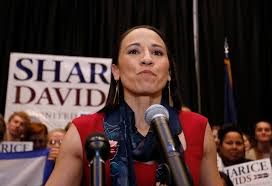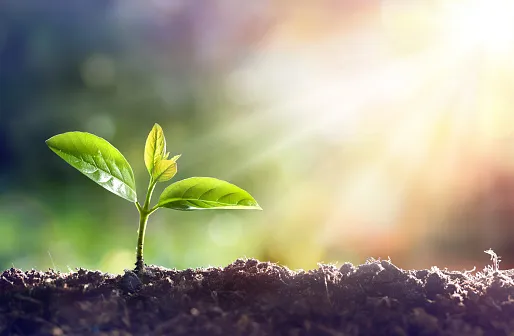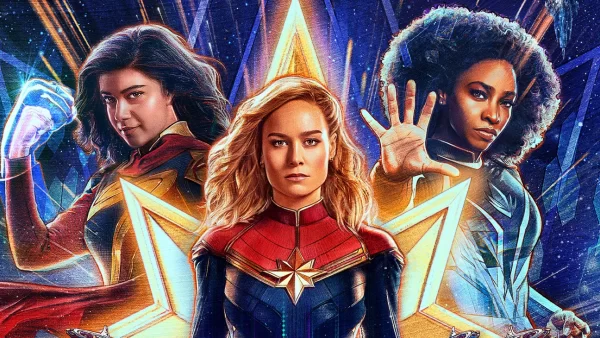Native and Indigenous Women in Government

Sharice Davids of Kansas gives a victory speech to supporters at an election party in Olathe, Kansas. Courtesy of Colin E. Braley of the Washington Post.
December 14, 2020
The 2020 election not only welcomed Presidential elect Joe Biden, but it also welcomed numerous Native American women to Congress. During this election cycle, 18 Indigenous women ran for congressional seats which is a record for a single year according to the Center for American Women and Politics. Until now, the United States Senate has only seen a few Native Americans, all of which were men. In 2018, this changed when Democrats Deb Haaland and Sharice Davis won seats in Congress. The election of Haaland and Davis made way for more Native women in the 2020 election cycle.
The 2020 election will be the first time in the United States History that the House of Representatives will have three Native American women in office. Sharice Davids of Kansas and Deb Haaland of New Mexico were both re-elected and Yvette Herrell of New Mexico will be joining them. Sharice Davids is a member of the Ho-Chunk Nation of Wisconsin and she won in Kansas over Amanda Adkins and Steven Hohe. Deb Haaland is a member of the Laguna Pueblo and she defeated Michelle Garcia Holmes in New Mexico. Yvette Herrell is a citizen of the Cherokee Nation and she defeated Xochiti Torres Small in New Mexico.
History was made with the election of these three Native women into Congress. Native people across the country were overjoyed because of the representation that is now possible for Native voices. Native Americans have only been considered citizens of the United States since 1924 and their right to vote has only been made available to them since 1948, so these victories were monumental for Natives across the country.

Not only are Native Americans seeing their reflection in Congress, Native women now have the ability to assert their leadership in government and in a society that undermines the power that Native and Indigenous women have. Historically, Native women were the people who held the power in pre-colonial societies. Colonialism is the reason that the power of Indigenous and Native women has been forgotten in the United States.
The victories of these three women are historic and are a symbol of the movement that has been sparked among Indigenous people today as they continue to fight against the continual colonization of our society.












